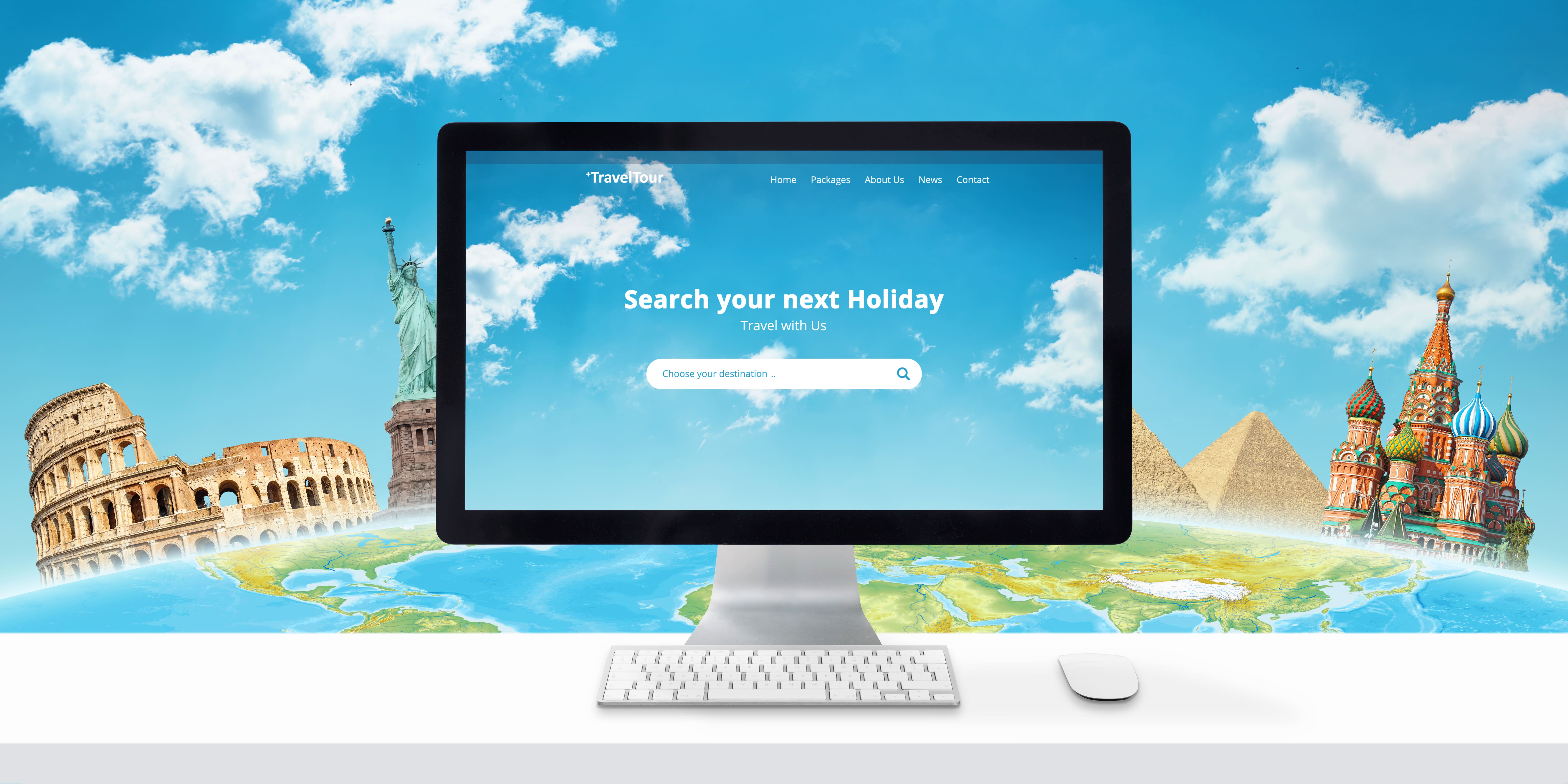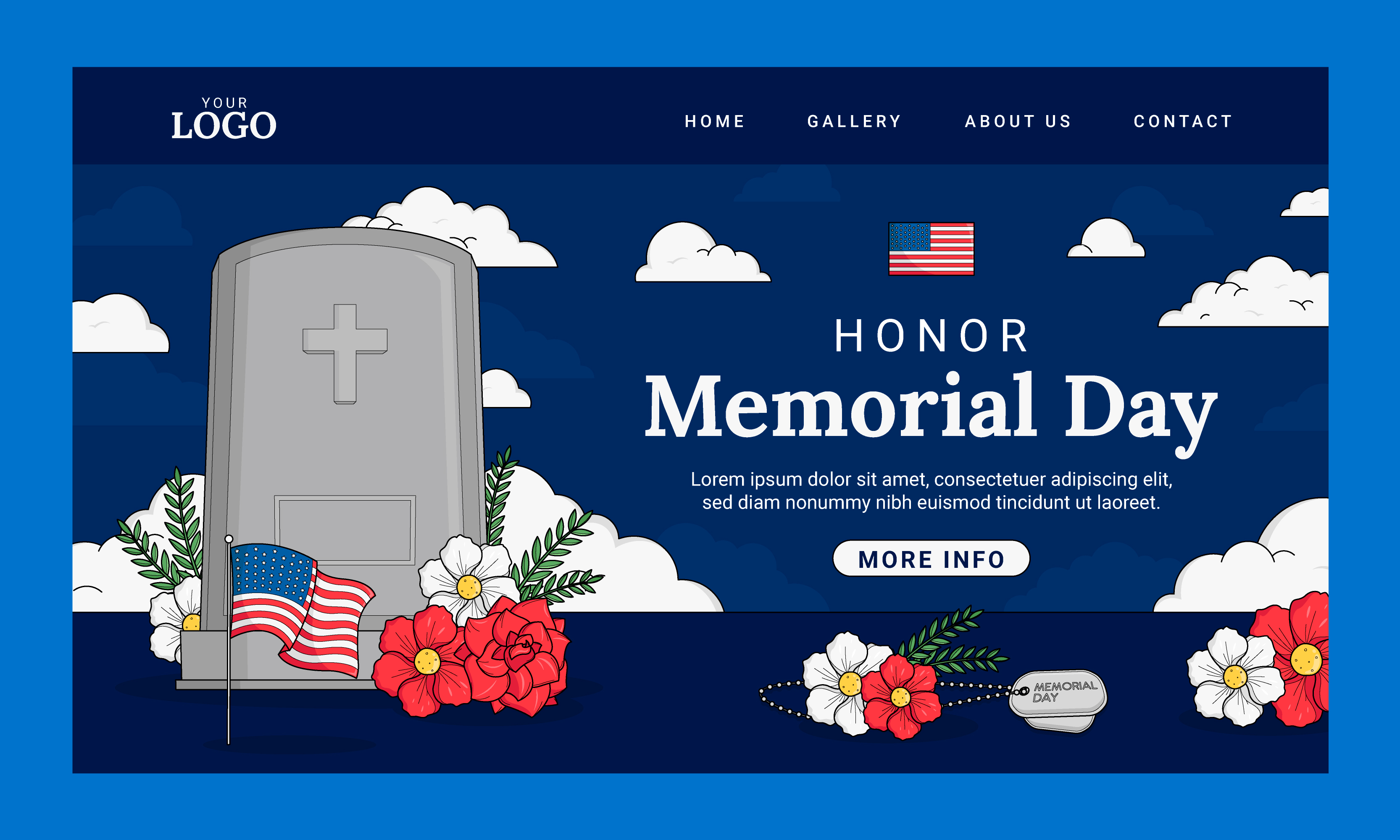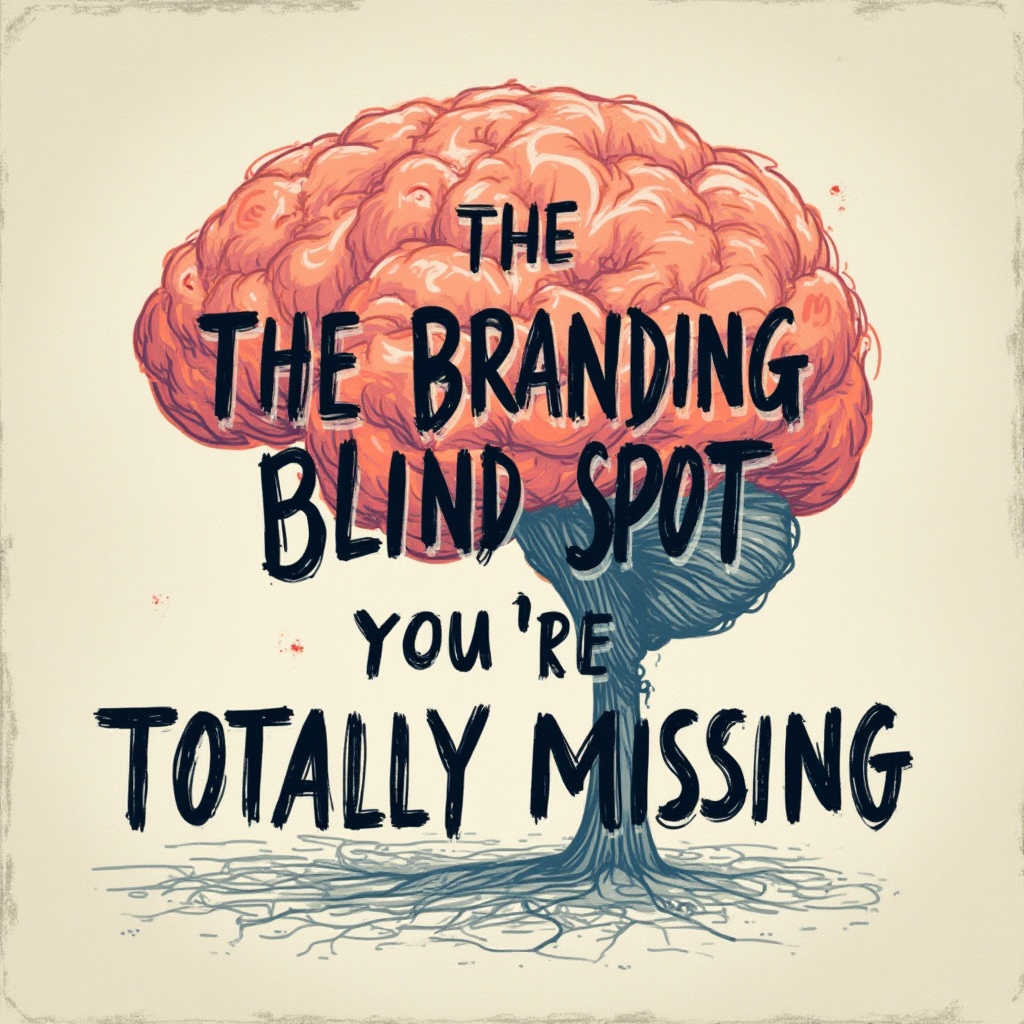You Won’t Believe These Websites Exist!
Some of you might be very new to what we are going to talk about! Do you believe when we say there exist multiple kinds of websites? In this post, we’ll explore 27 unique types of websites that you may not be familiar with.
The design of a website mostly depends on its purpose and the goals you hope to achieve. Starting a website can be intimidating, especially if you're not sure where to begin. The success lies in breaking it down step by step. The first thing you need to do is choose a website idea that aligns with your objectives. Once you've settled on the concept, it's time to figure out the tools and strategies you’ll need to make it succeed
Check out reidis.io to inquire more about different kinds of websites for your organization or your individual needs.
Types of websites
1. E-commerce Website

An e-commerce website offers a seamless shopping experience for customers, enabling them to easily browse, select, and purchase products. An eCommerce site can be a powerful platform for your business. The best eCommerce websites prioritize user experience with high-quality product images, detailed descriptions, and multiple payment options, making it easy for customers to complete their purchases and for you to manage your online marketplace.
2. Business Website

Even if you’re not selling products online, a business website is essential for establishing an online presence, building your brand, and supporting your entrepreneurial goals. If you're focusing on B2B or B2C, a business website should center on the needs of your customers and clearly explain how your company can solve their specific challenges. For example, law firm websites effectively showcase services while attracting new clients, demonstrating how a well-designed site can serve both as a marketing tool and a customer engagement platform.
3. Portfolio Website

For photographers, artists, writers, and other creatives, a portfolio website is a powerful way to showcase the work and attract potential clients or employers. It serves as a digital resume, highlighting your best images, videos, or writing samples. In addition to showcasing your skills, a portfolio website helps you to establish your personal brand, giving visitors insight into your personality, interests, and values, and helping them connect with you on a more personal level.
4. Event Website

An event website is a prime part of your marketing strategy and helps generate excitement and engagement leading up to both in-person and online events. A well-designed website provides all the essential details attendees need, such as speakers, agenda, date, time, and location, ensuring a smooth experience for your audience. It's an effective way to keep potential attendees informed and engaged while building anticipation for the event.
5. Personal Website

While a portfolio highlights your work, a personal website is where you can express who you are. It is like a space to share your accomplishments, explore your interests, and build your personal brand. What you include depends on your goals. If you’re using it to develop your career, consider adding a resume, portfolio, and bio. If it’s more about self expression, a blog and links to your social media might be all you need. It’s all about creating a space that feels authentic to you.
6. Membership Website

Membership websites are perfect for businesses looking to turn casual visitors into loyal customers. This format allows you to offer exclusive content and valuable resources behind a password-protected section. Once members log in, they can access special features like premium services, online courses, or members-only events, creating a sense of exclusivity and fostering deeper engagement with your audience.
7. Nonprofit Website

Nonprofit websites are essential for sharing your organization's mission, vision, and core values, helping you rally support for your cause. Be it a church reaching out to new and existing congregation members or an animal rescue or healthcare organization seeking donors, a well-designed nonprofit website can serve as a powerful tool for engagement. It helps raise awareness, connect with supporters, and ultimately further your mission.
8. Blog Website

Starting a blog gives you a platform to share your thoughts, ideas, and interests through written, visual, and digital content. As your blog grows, you might discover opportunities to monetize it through affiliate marketing, display ads, or selling ad space. Additionally, blogging allows you an easy share of your content across social media platforms, helping you reach a broader audience and engage with followers in real time.
9. Informational Website

Informational websites serve as valuable resources for people seeking to learn more about a specific topic, service, or product. These sites deliver detailed, long-form content that answers readers' most pressing questions. By providing in-depth information, an informational website can establish you or your organization as an authority in your field, while also fostering trust through knowledge sharing and effective communication.
10. Online Forum

Online forums bring people together to discuss and exchange ideas on shared topics, such as technology, fitness, or hobbies. These platforms typically feature multiple discussion threads organized by subject, allowing users to easily find and participate in conversations that interest them. Forums create a sense of community, fostering engagement and knowledge sharing among like-minded individuals.
11. Community website

A community website is used to build trust and foster engagement within a community that shares common causes and interests. For example, you could create an LGBTQ+-friendly platform that offers an authentic, inclusive space for members of the community to connect, share experiences, and support each other. These websites also provide a sense of belonging and create useful interactions within a like-minded group.
12. Startup Website

Starting a new business is an exciting journey, and a well-designed startup website helps you share that energy with the world. It serves as a platform to introduce your idea, showcase your product or service, and attract early supporters. Startup websites typically include landing pages, product demos, and customer reviews. In the early stages, they may also feature crowdfunding pages or other funding options to help you raise capital. Ultimately, a startup website is a key tool for building awareness and momentum around your new venture.
13. Consulting Website

If you have specialized expertise that others could benefit from, a consulting website is the perfect way to monetize your knowledge. Your site should clearly outline the services you offer, provide details about your background and experience, and explain who will benefit from your services. For example, if you're a financial advisor, you might use your site to explain how you can help clients safeguard their assets. If you're a human resources consultant, you could highlight how you help businesses improve efficiency and streamline operations. A well-crafted consulting website positions you as a trusted expert in your field.
14. Booking Website

A booking website simplifies the process of reserving services, classes, or accommodations online. It helps users to easily choose their preferred date, time, and price, making the booking process smooth and efficient. These websites often include helpful features like recommendations, customer reviews, and contact information, ensuring a great experience for both customers and business owners. Even if you're offering hotel rooms, fitness classes, or consulting appointments, a booking website streamlines the reservation process for everyone involved.
15. Petition Website

If you're passionate about making a difference, a petition website can help you rally support for a cause that matters to you. In case it's for advocating a political stance, social justice issue, or environmental cause, an online petition allows you to gather signatures, raise awareness, and mobilize people to take action. It's a powerful tool for driving change and amplifying your voice on issues that you care deeply about.
16. School Website

School websites are essential not only for primary schools and universities, but also for businesses offering educational services like music or language lessons. A well-designed school website acts as a central hub for students, parents, and faculty, providing easy access to important resources and information. It can also integrate educational tools, offering online lessons, assignments, and interactive features. Additionally, it serves as a marketing tool, helping attract prospective students and encouraging enrollment by showcasing the institution’s programs and values.
17. Hobby Website

If you're passionate about gardening, reading, arts and crafts, or any other hobby, a hobby website allows you to connect with like-minded individuals and share your interests. These sites often feature online forums, tutorials, and learning materials that help others explore a particular hobby and improve their skills. With engaging content and a strong community, a popular hobby website can even become profitable, turning your passion into a valuable resource for others.
18. Interactive Website

Interactive websites engage users by incorporating elements like graphics, games, quizzes, and even augmented reality to make the browsing experience more immersive. These sites encourage active participation rather than passive viewing. For example, many e-commerce stores now feature tools that allow users to visualize how furniture will look in their home using augmented reality, enhancing the shopping experience and making it more dynamic.
19. Entertainment Website

Entertainment websites are designed to grab attention with stunning visuals and engaging content, offering users an enticing experience. They often feature bold designs, rich media, and interactive elements that make users feel connected and encourage them to keep exploring. Whether through videos, games, or other dynamic content, the aim is to keep visitors hooked and entertained.
20. Wedding Website

A wedding website helps to turn your special day into an unforgettable experience by providing a centralized place for sharing important details with guests. It permits you to post event information, share your registry, and showcase photos, videos, and stories about your relationship and bridal party. It’s a personalized and interactive way to keep everyone informed and connected.
21. Travel Website

A travel website helps vacationers plan their ideal trips by offering detailed information on attractions, accommodations, and activities in a specific destination. These sites inspire visitors and motivate them to book their next adventure featuring stunning photography and engaging videos.
22. Directory Website

A directory website is an enhanced informational platform that provides users with organized, detailed listings of resources related to a specific topic or industry. Examples include real estate listings, job directories, or local business directories. These sites often feature multiple categories and search tools to help users find exactly what they’re looking for quickly and efficiently.
23. Landing Page Website

The purpose of a landing page is to promote a specific product or service. It comes in two types: non-gated (open to all) and gated (requiring users to provide details like name and email to access content). Landing pages are typically used to introduce new products, get leads, or direct traffic to a specific webpage.
24. News and Magazine Website

News and magazine websites provide a wide array of informative and engaging content, covering topics like current events, politics, business, entertainment, and sports. From breaking news to in-depth features and expert analysis, these websites aim to deliver timely, relevant information to keep their audiences well-informed.
25. Memorial Website

A memorial website is a heartfelt way for friends and family to honor and remember a loved one after their passing. These sites typically include photos, biographies, and online guest books where people can share stories and reflections. Memorial websites offer a space for support, comfort, and remembrance during difficult times.
26. Subscription Website

Subscription websites offer products or services on a recurring basis, whether weekly or monthly, and have become a staple in many people's routines, from coffee to meal kits. This business model helps create a steady revenue stream while building a loyal customer base.
27. Kid-friendly Website

Kid-friendly websites feature age appropriate content for young users, often incorporating games, videos, and interactive elements to educate and entertain. These sites typically cater to two audiences: children of a specific age group and their parents.
Conclusion
For the record, these 27 types of websites are effective according to the characteristics and demands of an organization or individual needs. Reach Reidis Interactive for your personalized Website Inquiries and doubts before planning to build a website. Because you might never know what kind of website your organization requires. Choosing the perfect website is the first step you take to go forward with your business dream.
Related Articles.

How to Use Nostalgia in Holiday Advertising Without Being Cliche
Read More

The Branding Blind Spot You’re Totally Missing (And It’s Killing Your Brand)
Read More

Why Is AI-Optimized SEO the Future of Digital Marketing and How You Can Benefit
Read More

Color Psychology in Marketing and Branding: Why it Matters for Your Brand
Read More

The Power of Shape in Logo Design: Why It Matters for Your Brand
Read More

The Impact of Studio Ghibli on Graphic Design: An Artistic Revolution
Read More

You Won’t Believe These Websites Exist!
Read More

Why Does Your Business Need a Website?
Read More

DeepSeek AI: A New Era of Artificial Intelligence
Read More


